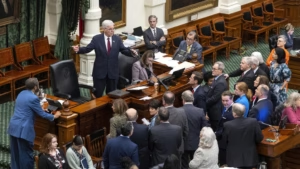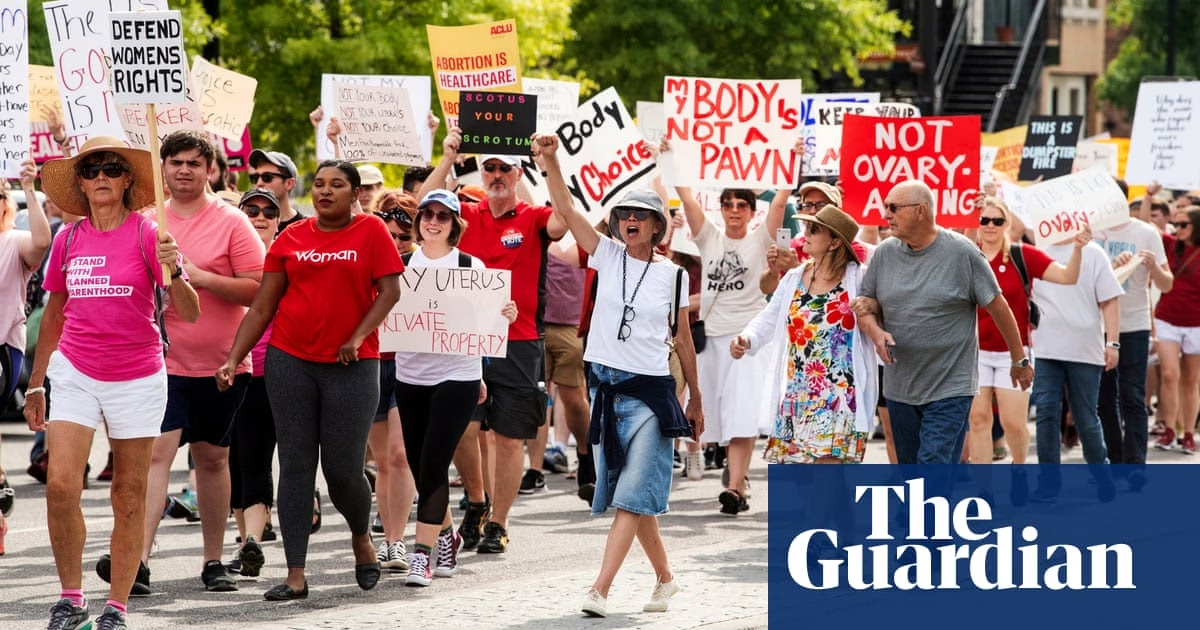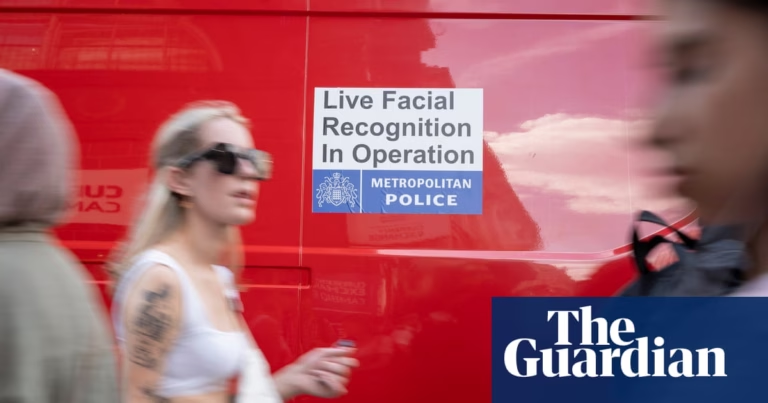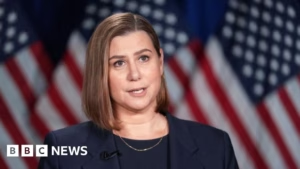A critical hearing will be held on Wednesday to examine states’ capabilities in prosecuting individuals for abortions that occur across state lines. The hearing will see Alabama abortion rights advocates clashing with the state attorney general over his threats to prosecute organizations that assist women in traveling to undergo the procedure.
In the aftermath of the US Supreme Court striking down Roe v. Wade in 2022, Alabama has banned nearly all abortions. Consequently, Alabama Attorney General Steve Marshall has repeatedly suggested that activists aiding individuals in obtaining out-of-state abortions could be charged as participants in an illicit conspiracy. As a result, the Yellowhammer Fund, which previously assisted people in paying for the procedure, and the West Alabama Women’s Center, now providing services such as miscarriage management, have joined other advocates in suing Marshall over these comments.
Proponents of reproductive rights are concerned that a victory for Alabama could set a precedent, encouraging other states to target individuals seeking to terminate their pregnancies but residing in states with abortion restrictions.
“Just as going to Las Vegas to gamble doesn’t make one liable to prosecution from their home state if it’s banned there, assisting someone in obtaining an abortion in another state shouldn’t lead to prosecution, fines, or imprisonment,” notes Rachel Rebouché, an expert in reproductive health law.
These legal threats from Marshall have led the Yellowhammer Fund to stop covering legal, out-of-state abortions, and the West Alabama Women’s Center is unable to assist patients seeking abortions outside Alabama, according to court documents.
The Alabama Attorney General’s office has not yet responded to these allegations but has emphasized in court filings that an abortion performed in Alabama is a criminal offense and that plotting such an act outside of the state is also against the law.
The upcoming hearing will address both sides’ requests for summary judgment, which could settle the case without a full trial. In the broader context, despite the fall of Roe, which has triggered a wave of abortion bans, US abortion rates have increased thanks to travel. Clinics in states where abortion is legal have seen an uptick in procedures performed on women escaping states with bans.
In response, anti-abortion activists have explored various ways to curb out-of-state abortion travel, including litigation and proposed legislation that criminalizes “abortion trafficking” and the recruitment of minors for abortions without parental consent. Courts have, however, blocked certain provisions of these laws.
The complex legal landscape reflects a broader struggle over states’ rights to enforce their own laws across borders. This has raised concerns about potential criminal penalties for both helpers and providers, essentially isolating individuals seeking reproductive care.
The outcome of the hearing is expected to arrive in the coming weeks.
Source: https://www.theguardian.com/us-news/2025/mar/05/alabama-court-hearing-abortion








